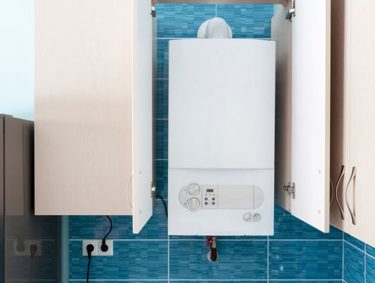Faucet standards and certifications in France and around the world
Standards are everywhere, they are so much part of our daily life that we don’t even pay attention to them anymore. Thanks to standardization, we have obtained many standards such as bank cards, paper format, video / audio format, etc. But before explaining in detail what a standard is, we will first try to understand why they were created. What are the factors that led to the creation of these standards ? Who is responsible for developing them ? And what does it change for you as a manufacturer or consumer ?
SOMMAIRE
Consumers
The standards were created to respond to the fundamental rights of consumers.
These rights, recognized throughout the world and established by the International Consumers Association are :
- The right to safety
- The right to information
- The right to freedom of choice
- The right to be heard
- The right to satisfaction of basic needs
- The right to redress
- The right to education
- The right to a healthy environment
The organizations
In order to protect consumers and their rights, independent and non-profit organizations have been created. These organizations defend the interests of consumers against companies. They do not promote the commercial interests of companies and are not connected to any political party.
The organizations can be international (ISO, IEC, ITU, etc), European (CEN, CENELEC, ETSI) or national. These organizations are responsible for drafting regulatory texts in standardization committees. As such, they must follow a process that guarantees compliance with the principles of standardization.
What is a standard?
A standard is a reference document drafted and approved by an approved and recognized organization. It is developed by experts in the field, who provide recommendations on the design, use and performance of products. Standards do not have a shelf life, but are reviewed regularly to take into account recent developments and trends in the industry.
Standards can provide requirements or recommendations for different aspects, with the aim of standardizing production:
- Performance levels of the finished product
- Minimum heights or distances for user safety
- Amount or type of information to be provided on products
- Packaging instructions
- Methods of disposal or recycling
- Types of warnings
- Product testing for safety and consumer health protection
- Composition of materials used in the manufacture of products
Quality or certification marks
Quality or certification marks are issued by specialized independent organizations that can issue certifications. The certification is a process that allows to certify the quality and conformity of products and services. It is a non-mandatory act and must be carried out as a voluntary initiative on the part of the company.
The certification must meet the expectations of consumers and provide requirements that are superior or complementary to standards. Unlike standards, the product must be verified by a certification body.
It allows the manufacturers who have validated the certification to affix a logo offering a better visibility to the products and a better confidence from the consumers.
Do you have a project ? Contact our test bench experts
Standards for faucets in France
The EN standard
The EN standards are developed by the CEN (European Committee for Standardization). Each country of the European Union is responsible for transcribing these standards into national standards (for example EN-0000 to NF EN0000 for France or DIN-EN0000 for Germany).
You can find the EN standard for the following products:
- NF EN 112 : Hand showers
- NF EN 113 : Hoses
- NF EN 200 : Simple and mixing taps
- NF EN 246 : Jet regulators
- NF EN 274 : Drainage systems
- NF EN 816: Self-closing taps
- NF EN 817 : Mechanical mixing valves
- NF EN 1111 : Thermostatic mixing valves
- NF EN 1717 : Protection against pollution of drinking water by non-return valve on all shower, bath-shower and sink products with hand shower
- NF EN 15091 : Electronic opening and closing faucets
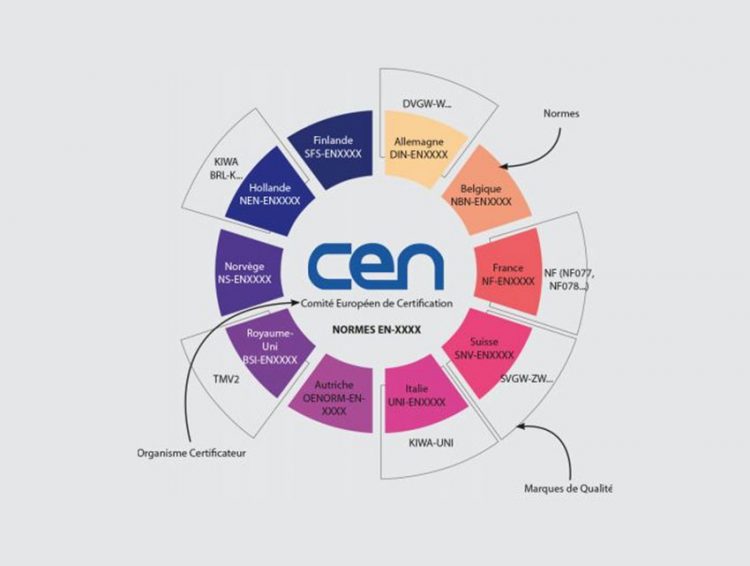
The NF mark
The NF mark is a French certification mark which attests to the conformity of a product according to safety and quality characteristics. It is not mandatory and must be requested from an organization such as AFNOR (Association Française de Normalisation) or CSTB (Centre Scientifique et Technique du Bâtiment).
The products that claim the NF mark are tested and controlled on a laboratory test bench to ensure their compliance. It ensures the consumer the certification of a product that complies with international, European and French standards.
The NF mark’s reference documents are defined in association with several parties: public authorities, manufacturers, distributors, consumer associations and environmental protection associations.
The NF mark is the leading product certification mark in France and is one of the most popular certification marks in Europe. Created more than 70 years ago, the NF mark is managed within a network of nearly 50 technical organizations, analysis and testing laboratories and inspection bodies that are recognized at the European and global level.
Concerning the sanitary hydraulic tests, here are the 3 titles to which to refer to the NF mark:
- NF077 : Sanitary fittings
- NF017 : Sanitary appliances
- NF076 : Sanitary component
Note: Be careful not to confuse the NF-EN standard and the NF mark which are 2 completely different things.
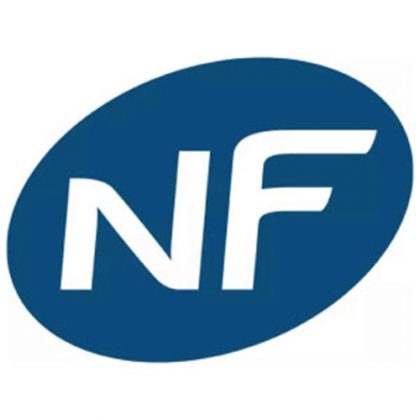
Certifying bodies in France
AFNOR
The AFNOR association is an international group that acts for the general interest and economic development. As the driving force behind the standardization system, it is responsible for the development of French and international standards. It represents France within ISO.
AFNOR is also a key player in product certification.
CSTB
The CSTB (Centre Scientifique et Technique du Bâtiment) guarantees the quality and safety of buildings in France. It is an approved certification body and one of the main certifiers for construction products and services. It is mandated by AFNOR to deliver the NF mark. It is very involved in research and development of innovation. It supports manufacturers in their product design phase. It is responsible for evaluating innovations in order to provide manufacturers with reliable information on the level of performance and durability of their product components. It provides manufacturers with rankings to help them highlight their products and their performance.
The CSTB carries out tests on hydraulic test benches They are able to carry out tests on a wide range of products, materials and components of works. It contributes to the sharing of knowledge with professionals in relation to the multi-criteria performance issues of a building, with the evolution of regulations and the progress of innovations.
Standards and certification marks for faucets and fittings in Europe
DVGW
Country of origin: Germany
Type : Certification mark
Designation : DVGW-W…
The DVGW (Deutsche Vereinigung des Gas und Wasser-faches) is an independent technical-scientific association and a recognized German standardization body in the gas and water industry.
Since 1859, its main objectives have been:
- Safe technology and hygiene
- Economic optimization of gas and water supply technology
- Protection of resources and the environment
- Quality assurance, quality control and quality management
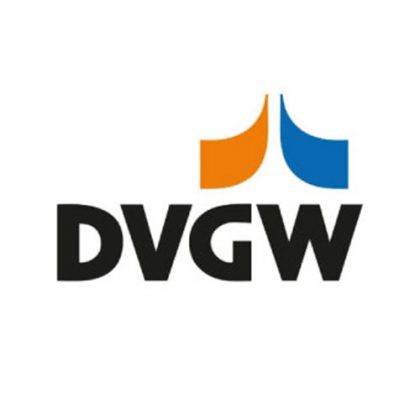
KIWA
Country of origin: Holland
Type : Certification mark
Designation : KIWA BRL-K…
KIWA is a Dutch certification body. They are active in a wide range of market segments, from construction and energy supply, to water supply, health, food, feed and agriculture.
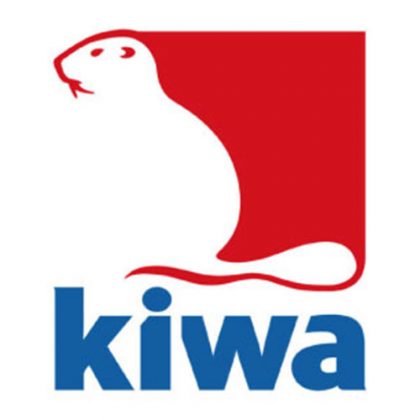
SINTEF
Country of origin: Norway
Type : Certification mark
Designation : NS-EN…
The SINTEF certificate is a Norwegian certification mark. The certificate is issued for construction products that do not have a CE marking and a mandatory CPR certificate. SINTEF certification is issued both for construction products manufactured in Norway and for imported products.
It offers certification for products in contact with drinking water, such as sanitary taps, pipes, valves and fittings.
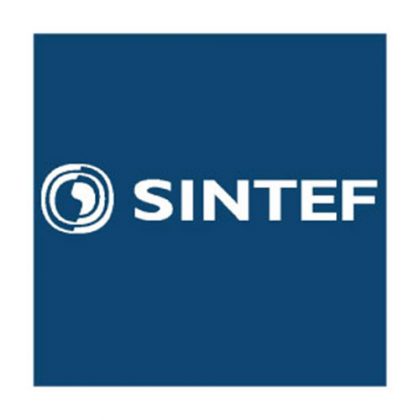
BSI
Country of origin: United Kingdom
Type: Standards organization
Designation : BSI-EN…
The BSI (British Standard Institution) is the national standards body of the United Kingdom. It is a member of the ISO organization. It works with a wide range of industries, businesses and consumers to develop British Standards. Their catalog of services includes over 30,000 standards.
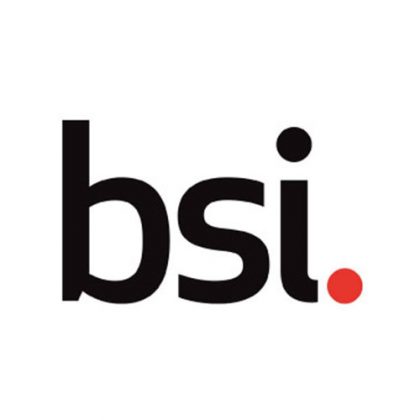
WRAS
Country of origin: United Kingdom
Type : Certification mark
Designation : WRAS-BS…
WRAS is a British company specialized in protecting public health by preventing contamination of public water supplies. Like the NF mark, WRAS certification is not mandatory for sanitary equipment. However, in some situations, WRAS approval is mandatory. In the United Kingdom, in the case of a new house for connection to the public water supply, the products must be approved by WRAS.
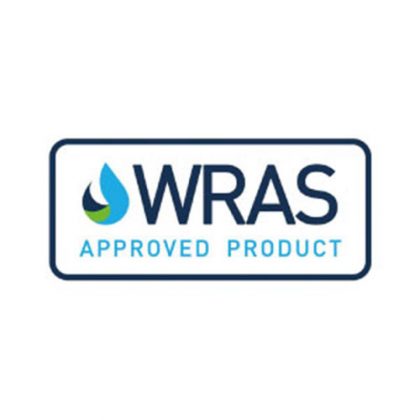
DIN
Country of origin: Germany
Type: Standards organization
Designation : DIN…
DIN – Deutsches Institut für Normung – is a German standards organisation founded in 1917. Its headquarters are in Berlin. It represents German interests at European and international level and its members come from various fields such as industry, trade, associations, research and/or professional organisations, etc.
DIN’s main activity is the development of standards that meet the requirements of the market.
DIN is the equivalent of AFNOR for France. DIN, like AFNOR, is one of the member committees of ISO (International Organization for Standardization), the international organization for standardization.
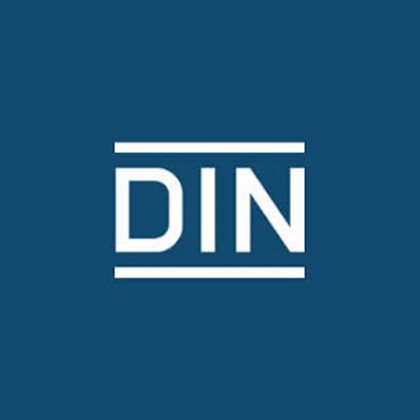
Valve standards and certifications around the world
ISO
Country of origin: Worldwide
Type: Standards organization
Designation : ISO…
The International Organization for Standardization was created in 1947, it is the global network of the main standardization bodies in the world. Recognized worldwide, it has 164 member countries. Its purpose is to establish international standards in the industrial and commercial field, which are called ISO standards.
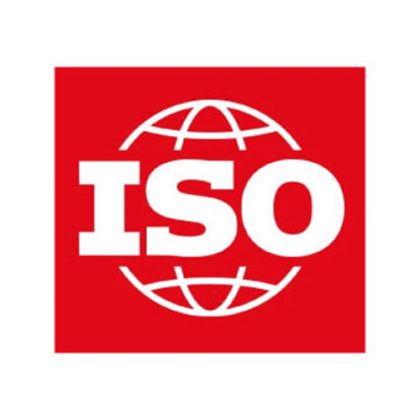
NSF
Country of origin: Worldwide
Type: certification mark
Designation : NSF
NSF (National Sanitation Foundation) is a global company that operates primarily in the United States and Canada. The NSF certification proves that food equipment complies with the requirements of the US FDA Food Code. The certification applies to food equipment including faucets and faucet accessories.
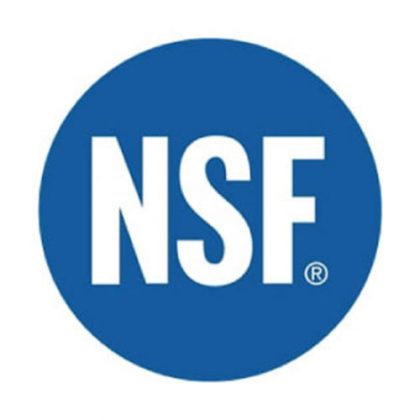
ASSE
Country of origin: United States
Type: certification mark
Designation : ASSE
American Society of Sanitary Engineering (ASSE) is a product and service certification organization for industrial, plumbing and mechanical companies. They are accredited by ANSI to issue the ANSI standard.
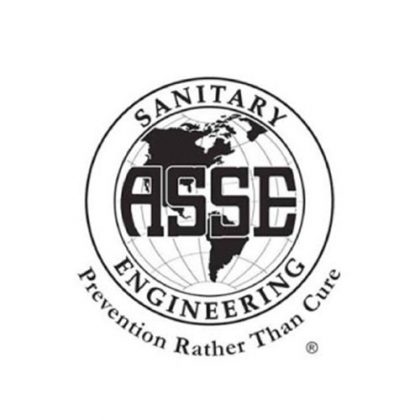
IAPMO
Country of origin: United States
Type: certification mark
Designation : UPC
IAPMO is the International Association of Plumbing and Mechanical Officials founded in 1926 in California. It is a non-profit organization engaged in the writing of codes and standards for the water and building drainage industry, as well as the testing and certification of related products. It has a certification mark for faucets, the UPC (Uniform Plumbing Code). Once the certification is validated, the logo can be affixed to the product.
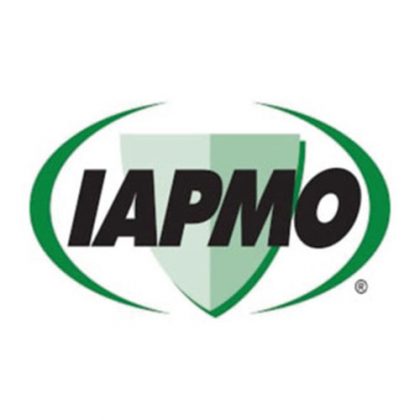
SA
Country of origin: Australia
Type: Standards organization
Designation : Sanitary plumbing standard: AS / NZS 3500.2
Standard Australia (SA) is the organization responsible for writing standards in Australia. They develop Australian Standards (AS) in line with current world standards. They represent Australia in the International Organization for Standardization (ISO).
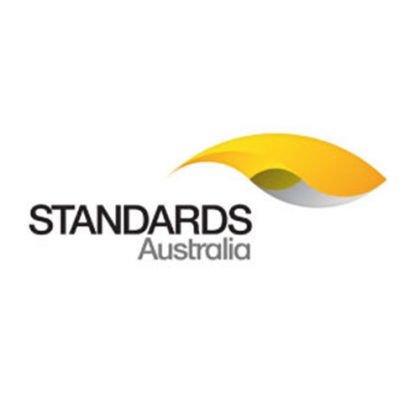
CSA Group
Country of origin: Canada
Type: Standards organization
Designation : CSA…
The Canadian Standards Association is a Canadian standards organization. They are recognized worldwide for safety and environmental certification. They really focus on research and development of standards. They are also able to perform testing, inspections and provide certifications for various sectors. CSA Group standards cover a wide range of areas (construction and infrastructure, electrical, environmental, health, gas, etc.).
They have also developed a CSA certification mark available for the global market, but primarily developed for the North American market.
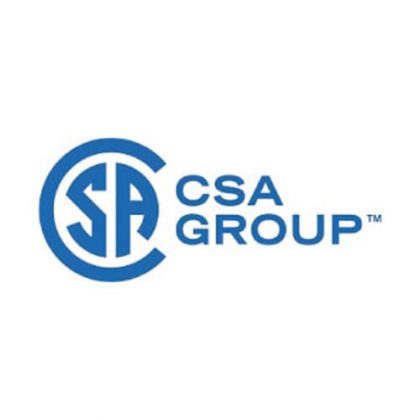
API
Country of origin: United States
Type: standards organization
Designation : API…
The American Petroleum Institute (API) is one of 600 standards bodies in the United States. It brings together the American oil and gas industry.
Founded in 1919, API has developed more than 700 standards to improve efficiency and sustainability in the fossil fuel industry. It is involved in oilfield development, trade and taxes, environment and safety, and oil consumption. API contributes to the development of technical guidelines and standards, and to the deregulation of oil and gas activities.
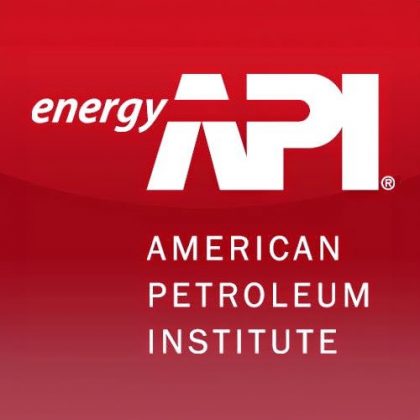
ASME
Country of origin: United States
Type : Professional association
Designation : ASME
ASME – American Society of Mechanical Engineers – is a 120,000 member professional association that promotes the art, science and practice of multidisciplinary engineering and related sciences worldwide. ASME establishes internationally recognized industry codes and standards that enhance public safety.
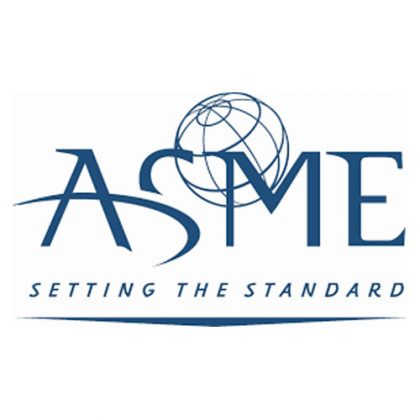
ABNT
Country of origin: Brazil
Type: Standards organization
Designation : ABNT-NBR…
ABNT is the Brazilian Association of Technical Standards (Associação Brasileira de Normas Técnicas). It is a private non-profit organization and the body responsible for the development of technical standards in Brazil. It is a founding member of ISO. The Brazilian national standards published by the association are called Norma Brasileira Regulamentadora (NBR).
Since 1950, there has also been the ABNT certification, which has more than 400 certification programs in various fields to meet the needs of Brazilian companies.
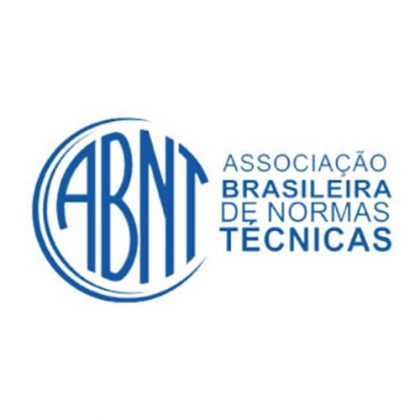
ASTM
Country of origin: United States
Type: Standards organization
Designation : ASTM…
ASTM International is a standards organization founded in 1898 that sets technical standards for materials, products, systems and services. ASTM International has over twelve thousand standards in its catalog. The annual publication of the ASTM Standards Book consists of 77 volumes. The members of the association are representatives of industry, users, governments and universities from more than 100 countries.
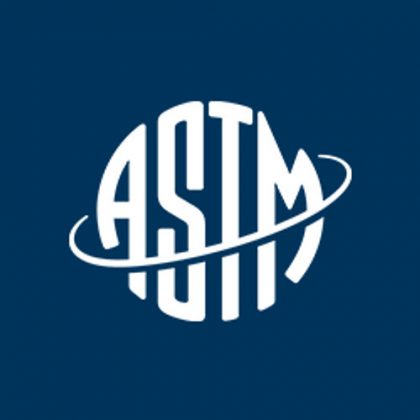
JIS
Country of origin: Japan
Type: Japanese industrial standard
Designation : JIS…
The acronym JIS (Japanese Industrial Standard) refers to all Japanese industrial standards. JIS are the standards used for industrial activities in Japan, coordinated by the Japanese Industrial Standards Committee (JISC) and published by the Japanese Standards Association (JSA).
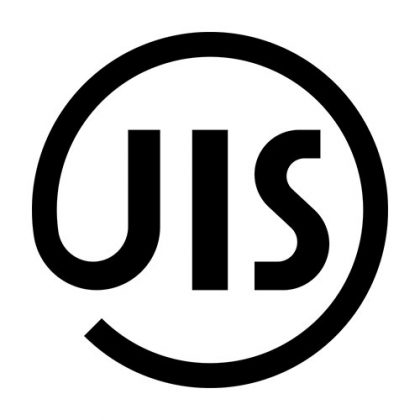
MSS
Country of origin: United States
Type: Standards organization
Designation : MSS..
MSS – Manufacturers Standardization Society of the Valve and Fittings Industry – is a non-profit standards organization dedicated to the development of the industry. The standards written by MSS cover valves, valve actuators, valve modifications, pipe fittings, pipe supports, flanges and associated gaskets. These materials and associated guidelines are used in almost every industry. They can be found in waste management, nuclear power and oil refining facilities.
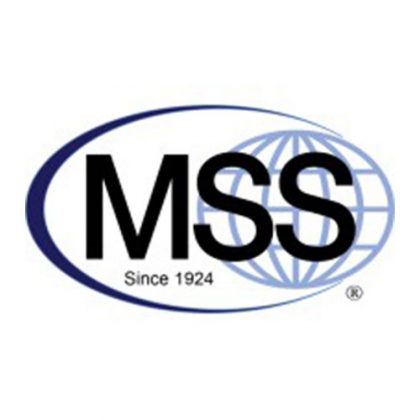
SAE
Country of origin: United States
Type: International organization
Designation : SAE…
SAE International is an international organisation based in the United States. It has approximately 128,000 engineers and technical experts in the aerospace and automotive industries. It sets all the standards for torque and power measurements in motor vehicles and other products used in their manufacture.
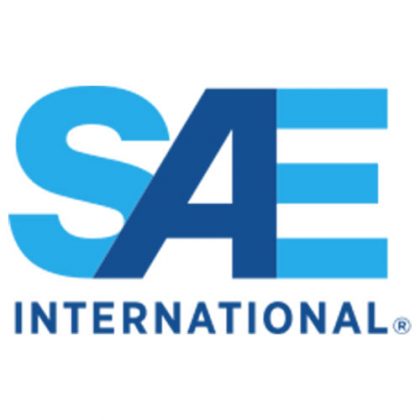
Discover other articles and tips

What methods are used to test pipes in the building industry?
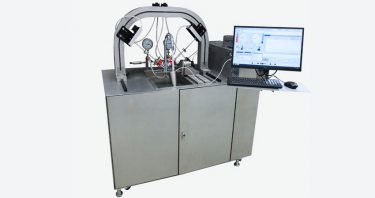
Who are the test benchusers?
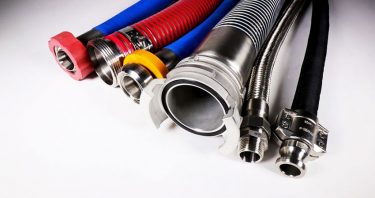
What are the most important tests on sanitary hoses ?
